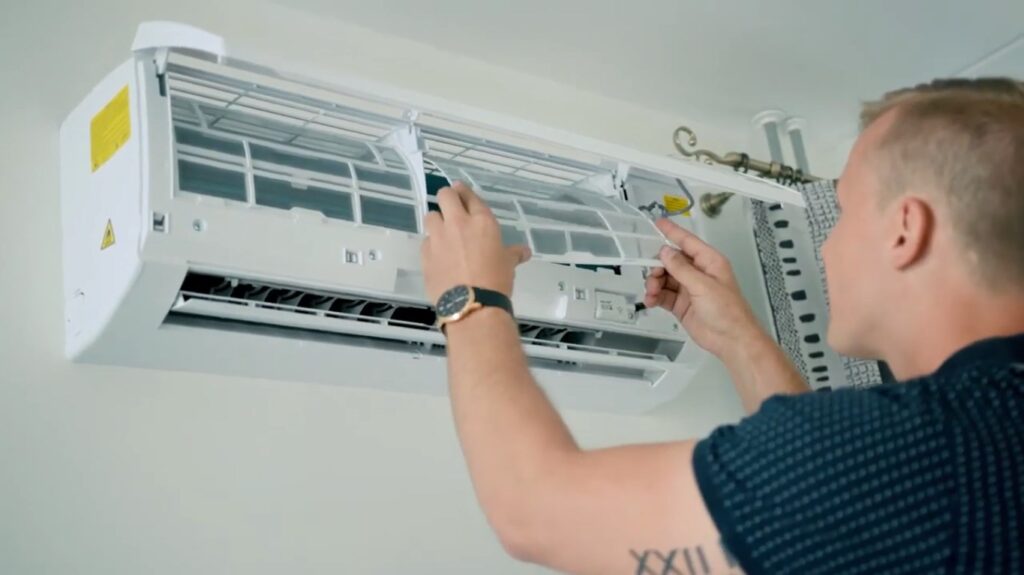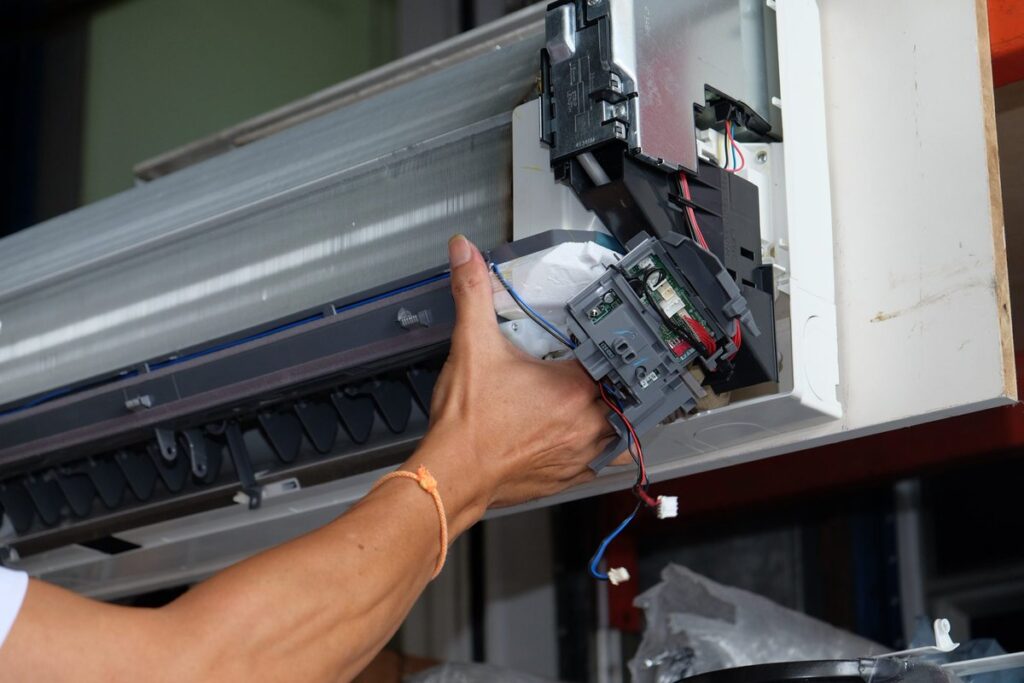AC Maintenance and Repair Tips: Keep Your Cool All Year Round
Noor Chill Tech Is your air conditioner struggling to keep up with the summer heat? Are you worried about unexpected breakdowns and costly repairs? Don’t sweat it! In this comprehensive guide, we’ll walk you through everything you need to know about maintaining and repairing your AC unit. From simple DIY tasks to knowing when it’s time to call in the professionals, we’ve got you covered. So sit back, relax, and let’s dive into the world of AC maintenance and repair!
Understanding Your AC System
Before diving into maintenance tips, HVC Maintenance and Repair Tips, it’s essential to understand how your AC system works. Your air conditioner comprises several key components, including the compressor, condenser, evaporator coil, and refrigerant. Each part plays a crucial role in cooling your home efficiently. Familiarizing yourself with these components will help you identify potential issues and perform basic troubleshooting.
DIY Maintenance Tips
Regular maintenance is key to keeping your AC running smoothly. Simple tasks like cleaning the unit, inspecting for debris, and changing filters can significantly improve its performance and lifespan. Plus, AC Maintenance and Repair Tips, performing these tasks yourself can save you money on professional service calls. We’ll guide you through some easy DIY maintenance tips to keep your AC in top condition.
Cleaning Your AC Unit

One of the most important maintenance tasks is keeping your AC unit clean. Over time, dirt, dust, and debris can accumulate on the condenser coils and fins, reducing airflow and efficiency. Use a soft brush or vacuum cleaner to remove any buildup, being careful not to damage the delicate components. Regular cleaning ensures optimal performance and prevents costly repairs down the line.
Checking for Airflow Restrictions
Poor airflow is a common issue that can lead to reduced cooling capacity and increased energy consumption. Check for any obstructions around your outdoor unit, such as overgrown vegetation or debris. Additionally, ensure that indoor vents and registers are unblocked and free from dust buildup. Good airflow is essential for maintaining a comfortable indoor environment and prolonging the life of your AC system.
Inspecting and Replacing Filters
Dirty or clogged filters can restrict airflow and strain your AC system, leading to reduced efficiency and increased wear and tear. Check your filters regularly and replace them as needed, AC Maintenance and Repair Tips, typically every 1-3 months. This simple task can improve indoor air quality, prevent breakdowns, and extend the life of your equipment. Remember to use the correct size and type of filter for your specific unit.
AC Maintenance and Repair Tips
Optimizing your thermostat settings can help improve energy efficiency and reduce utility bills. Consider investing in a programmable or smart thermostat that allows you to adjust temperature settings based on your schedule. Set your thermostat to higher temperatures when you’re away from home or asleep, and lower temperatures when you’re active indoors. This simple adjustment can make a big difference in your overall comfort and savings.
Addressing Common AC Problems

Despite regular maintenance, you may encounter occasional issues with your AC system. From strange noises to uneven cooling, it’s essential to address these problems promptly to prevent further damage. We’ll cover some common AC problems and troubleshooting steps you can take to resolve them. Remember, safety always comes first, so if you’re unsure or uncomfortable, don’t hesitate to contact a professional HVAC technician.
Knowing When to Call a Professional
While DIY maintenance can address many AC issues, AC Maintenance and Repair Tips, some problems require the expertise of a trained professional. If you encounter complex issues like refrigerant leaks, electrical problems, or compressor failures, it’s best to leave the repairs to the pros. Attempting to fix these issues yourself can be dangerous and may void your warranty. A qualified technician can diagnose the problem accurately and provide effective solutions to get your AC back up and running smoothly.
Preventive Maintenance Importance
Preventive maintenance is the key to avoiding costly repairs and premature system failure. By investing in regular inspections and tune-ups, you can identify potential issues early and address them before they escalate into major problems. Scheduled maintenance can also improve energy efficiency, prolong equipment lifespan, and ensure optimal indoor comfort year-round. Don’t wait until your AC breaks down—take proactive steps to keep it in peak condition.
Conclusion
Maintaining and repairing your AC unit doesn’t have to be daunting. With the right knowledge and a little elbow grease, you can keep your system running smoothly and efficiently for years to come. Remember to perform regular maintenance tasks, monitor your thermostat settings, and address any issues promptly. And when in doubt, don’t hesitate to call in the professionals for expert help. By taking proactive steps to care for your AC system, you can enjoy cool comfort all year round.
FAQs About AC Maintenance
1. How often should I clean my AC unit? Cleaning your AC unit at least once a year is recommended to remove dirt and debris buildup. However, if you live in a dusty or pollen-heavy area, more frequent cleaning may be necessary.
2. Why is my AC unit not cooling properly? Several factors can contribute to poor cooling performance, including dirty filters, blocked vents, refrigerant leaks, or a malfunctioning compressor. Try troubleshooting common issues like cleaning filters and checking for airflow restrictions. If problems persist, contact a professional technician for further diagnosis.
3. Can I perform AC repairs myself? While DIY maintenance tasks like cleaning and filter replacement are safe and straightforward, complex repairs should be left to trained professionals. AC Maintenance and Repair Tips Attempting to fix electrical or mechanical issues without the necessary expertise can be dangerous and may cause further damage to your AC system.
4. What is preventive maintenance, and why is it important? Preventive maintenance involves regularly scheduled inspections and tune-ups to keep your AC system in optimal condition. By addressing minor issues before they escalate into major problems, preventive maintenance can save you money on costly repairs and extend the lifespan of your equipment.
5. How can I improve energy efficiency with my AC unit? To improve energy efficiency, consider upgrading to a programmable or smart thermostat, sealing duct leaks, and scheduling regular maintenance. Additionally, proper insulation and shading can reduce heat gain and workload on your AC system, leading to lower energy bills and increased comfort.
